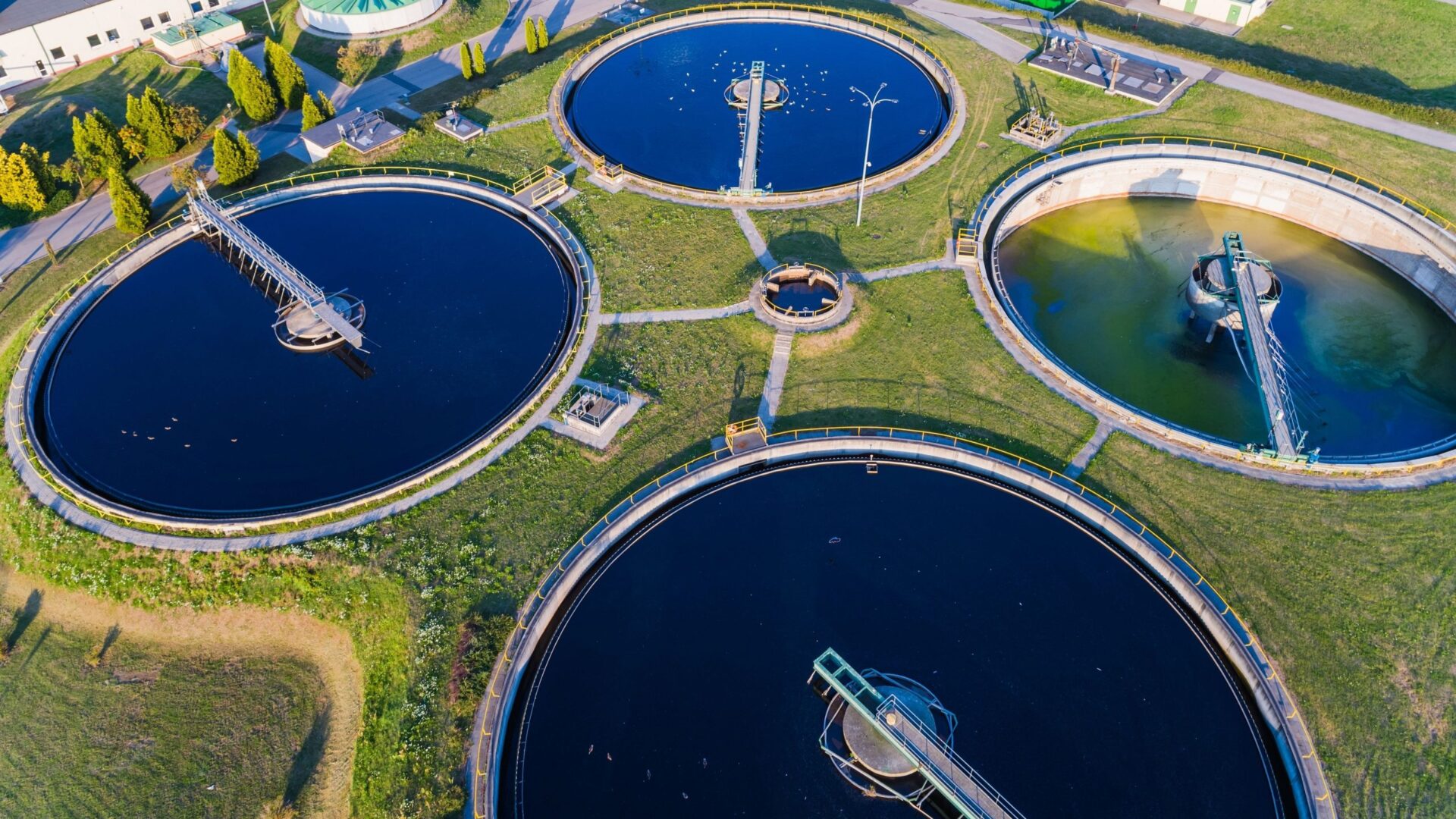The Hyderabad Metropolitan Water Supply and Sewerage Board (HMWS&SB) has commenced trial runs for two new Sewage Treatment Plants (STPs) in the city. This initiative is part of a broader effort to treat 100% of the sewage generated within the Greater Hyderabad Municipal Corporation (GHMC) limits, an ambitious goal that remains unparalleled in South Asia.
Currently, Hyderabad generates approximately 1,650 million litres of sewage daily within the GHMC limits, with an additional 300 million litres produced by surrounding agglomerates. Of this total, only 46%, or 772 million litres per day (MLD), is currently treated by the existing 25 STPs. The HMWS&SB’s ongoing projects aim to significantly elevate this capacity.
The new STPs are being constructed across five circles in three packages, with an investment of around ₹3,866 crore. These plants employ advanced sequencing batch reactor technology, which operates through a time-based sequence of aeration, settling, and decanting. This state-of-the-art technology is expected to enhance the efficiency and effectiveness of sewage treatment processes.
Seventeen of the new STPs are located in the circles of Kukatpally, Qutbullapur, and Serlingampally, collectively capable of treating an estimated 376 MLD of sewage. The recent trial runs were initiated at the Fatehnagar (133 MLD) and Khajakunta (20 MLD) STPs. HMWS&SB officials, who inspected these facilities on Saturday, emphasised the importance of not only operational readiness but also the aesthetic enhancement of these sites.
Additional STPs that have been completed and are poised for commissioning include those at Miralam (41.5 MLD), Miyapur Patel Cheruvu (7 MLD), Safilguda (5.50 MLD), Vennelagadda (10 MLD), and Nagole (320 MLD). The officials have also announced plans to commence operations at the Nallagandla, Mullakathuva Cheruvu, Shivalayanagar, and Palapitta STPs by August.
The successful implementation of these projects will mark a critical milestone in Hyderabad’s urban infrastructure development, significantly improving the city’s capacity to manage its wastewater. This progress aligns with the broader objectives of urban sustainability and environmental stewardship, ensuring that the city’s growth is managed in an ecologically responsible manner.
The HMWS&SB’s proactive approach to upgrading its sewage treatment capabilities is a commendable step towards mitigating the adverse environmental impacts of urban wastewater. As these new STPs come online, Hyderabad is poised to set a benchmark for other cities in the region, showcasing the potential for innovative and effective urban wastewater management solutions.
This development is particularly crucial given the rapid urbanisation and population growth in Hyderabad, which have placed increasing demands on the city’s infrastructure. The expansion and modernisation of sewage treatment facilities are essential components of the city’s efforts to maintain public health, protect natural water bodies, and ensure a high quality of urban life.
By addressing the challenges of wastewater treatment head-on, the HMWS&SB is not only enhancing the city’s resilience but also contributing to the broader goals of sustainable urban development. This initiative reflects a forward-thinking approach to urban planning, one that prioritises environmental health and the well-being of its residents.



